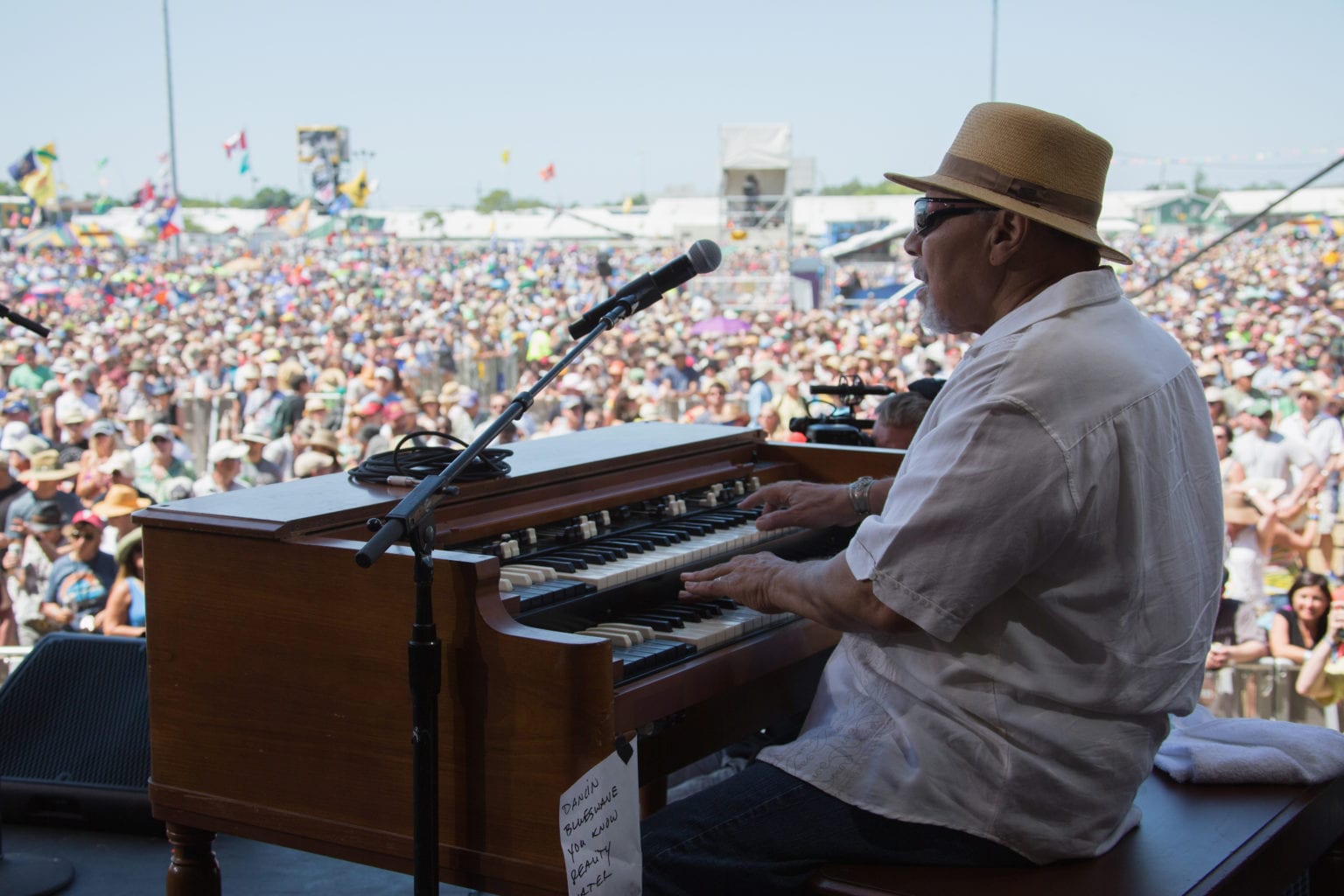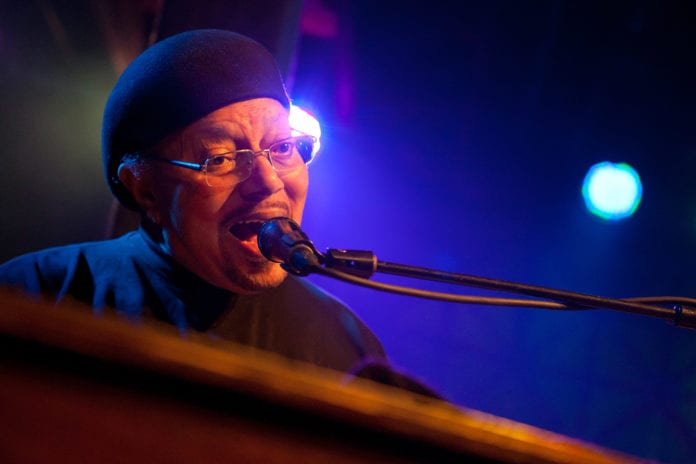It’s an all-too-common story: A fabulous black musician redefines a genre of music. He’s adored and emulated by other musicians, including famous white acts. But the financial rewards, for complicated reasons, don’t match up.
This week, we lost a real one: Singer and keyboardist Arthur Neville of New Orleans died Monday at 81. A principal founder of both the Meters and the Neville Brothers, his sound and singular coolness were central to the worlds of jazz, funk and soul music.
Neville’s genius is forever attached to the city he loved. He was born on Dec. 17, 1937, and grew up in the Calliope Projects that would later raise another musical giant from the Crescent City in Master P. His career technically began as a 17-year-old in 1954, when he was a member of a school band called the Hawketts that recorded a cover of “Mardi Gras Mambo.” To this day, Neville’s fingerprints are all over Mardi Gras, and it’s impossible to fully embrace Fat Tuesday without his sound.
From there, Neville would help elevate New Orleans funk to an entirely new level. In an eight-year stretch between 1969 and 1977, Neville and the Meters (formerly known as Art Neville & the Neville Sounds) dropped eight albums. Their best known songs were “Cissy Strut,” “Fire on the Bayou” and “Hey Pocky A-Way.” Their 1974 album Rejuvenation was listed at No. 138 on Rolling Stone’s 500 Greatest Albums of All Time list. The Meters toured with the Rolling Stones and won the adoration and respect of Paul McCartney — the band recorded a live album, Uptown Rulers, in 1975 from a performance at a release party for the former Beatle’s Venus and Mars album.

Photo by Douglas Mason/Getty Images
But the Meters grew frustrated with their lack of mainstream success. And like so many acts before and after them, that frustration (and drug usage) led the group to disband. It didn’t take long, though, for Neville to begin the next chapter of his career. Along with his three brothers, Aaron, Charles and Cyril, and their uncle George “Jolly” Landry, they formed the Neville Brothers in 1977. And like the Meters before them, they were beloved both in New Orleans and across the industry, although the financial reciprocation wasn’t always present.
“Everyone in the industry digs us. Every other band, bands I love, bands I look up to, they looking at us the same way,” he told Rolling Stone in 1987. “Huey Lewis — those cats was onstage watching us every night. The Stones was watching us. [But] I wanna go to the bank. For once in my life, I’d like to be able to do something for my family.”
Between 1987 and 1990, the Neville Brothers released three albums that would ultimately cement their status as authentic sound leaders of their city and of their time. Uptown (1987) featured the likes of Jerry Garcia, Carlos Santana and others. Yellow Moon (1989) earned the group its first Grammy, best pop instrumental performance for “Healing Chant.” And the aptly titled Brother’s Keeper became a cultural touchstone for a city that has no shortage of them.
Neither Art nor the Meters or the Neville Brothers found runaway success, but the sound he created for his city won over the world. He’d tour and reunite with the Meters and Neville Brothers throughout his life. Neville even captured another Grammy in 1996 for his contributions to “SRV Shuffle,” found on A Tribute to Stevie Ray Vaughan.

Photo by Erika Goldring/Getty Images
For as long as he could, Neville placed mind over matter and continued to perform despite mounting health issues. There were complications from back surgery and the effects of a stroke. Neville, though, would come to embody what Bob Marley and The Wailers once dubbed the medicine of music: One good thing about music, when it hits you feel no pain. The stage was Neville’s sanctuary, where he felt safest and where fans felt most at peace.
“You can bring me there in the ambulance, roll me onto the stage, give me a microphone and mirror where I can see the people,” Neville said in 2013. “Man, look. I’ve been doing this all my life. I enjoy it. Even the bad part of it, the parts I didn’t like … I found out that’s the way things go sometimes. You’ve got to go along with them.”
The music industry didn’t always give him the flowers he deserved. It never does to most. Last year, the Meters received a Grammy Lifetime Achievement Award in Los Angeles, although Neville wasn’t well enough to attend.
Still, he created art that has no expiration date. Neville earned his chops performing at establishments that may never be famous outside of NOLA, like Nite Cap in Uptown or Ivanhoe on Bourbon Street. But that’s the beauty about planting roots even if the world only gets to see what blossoms.



